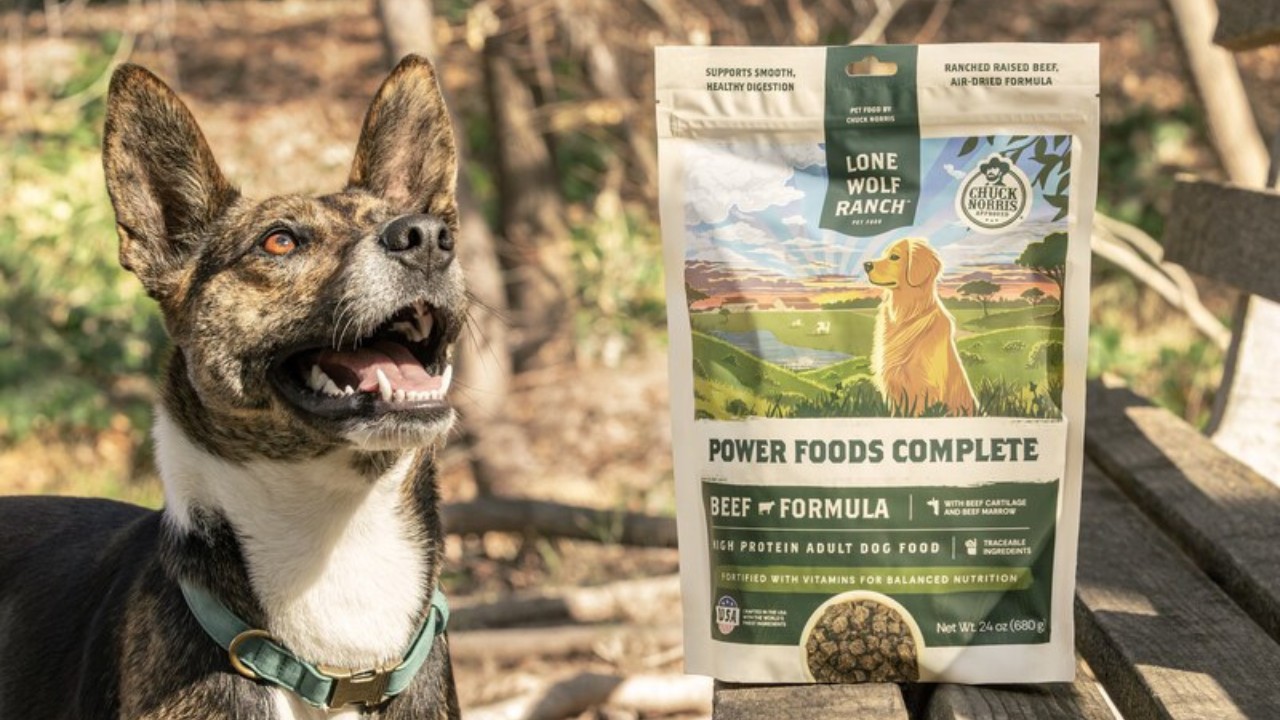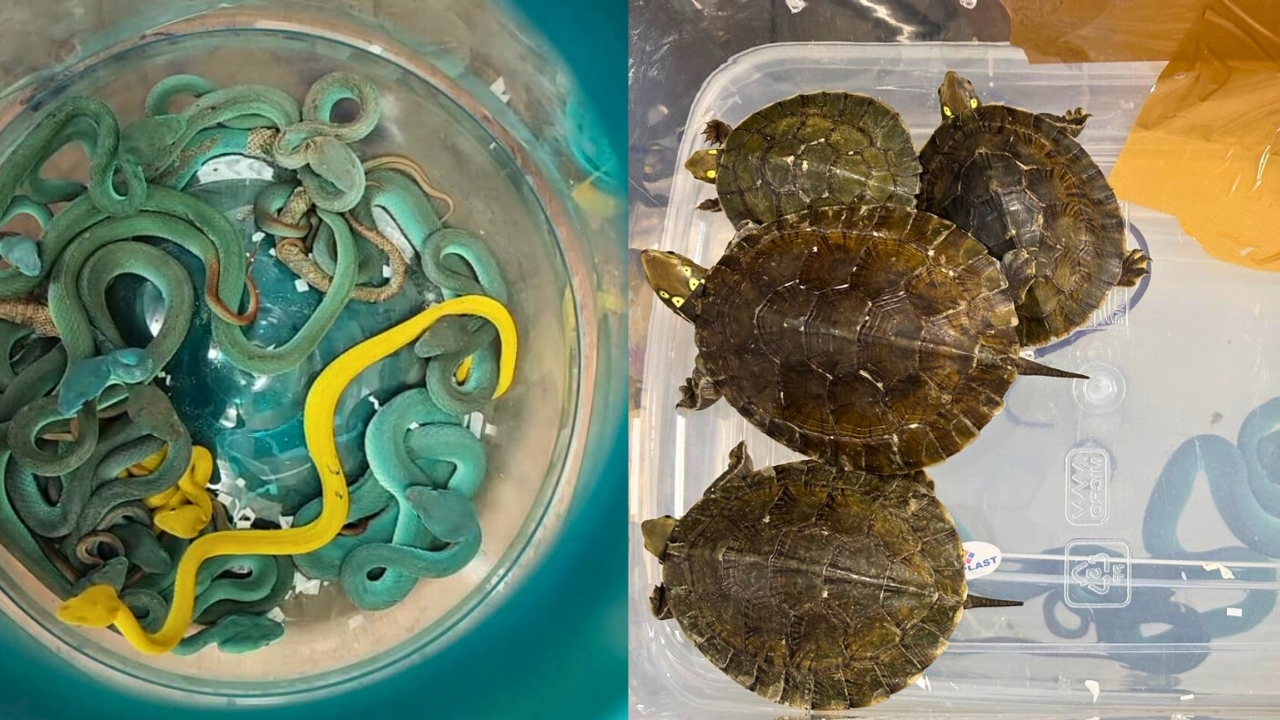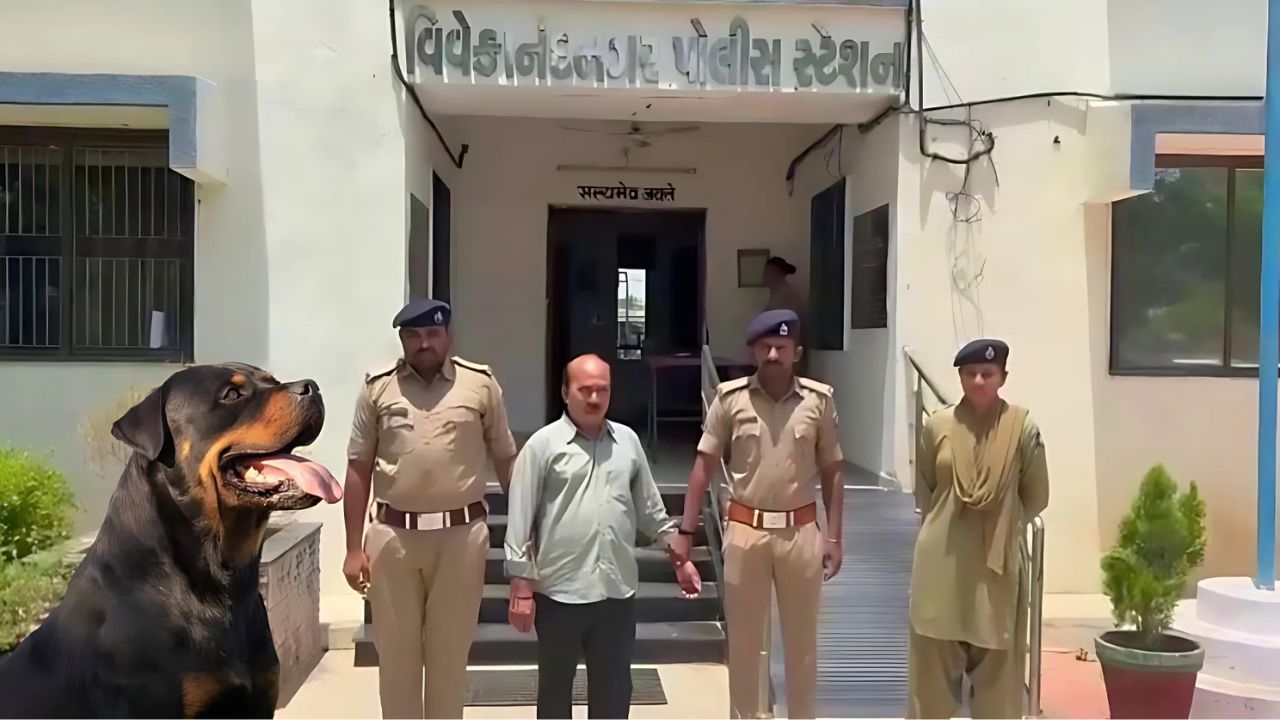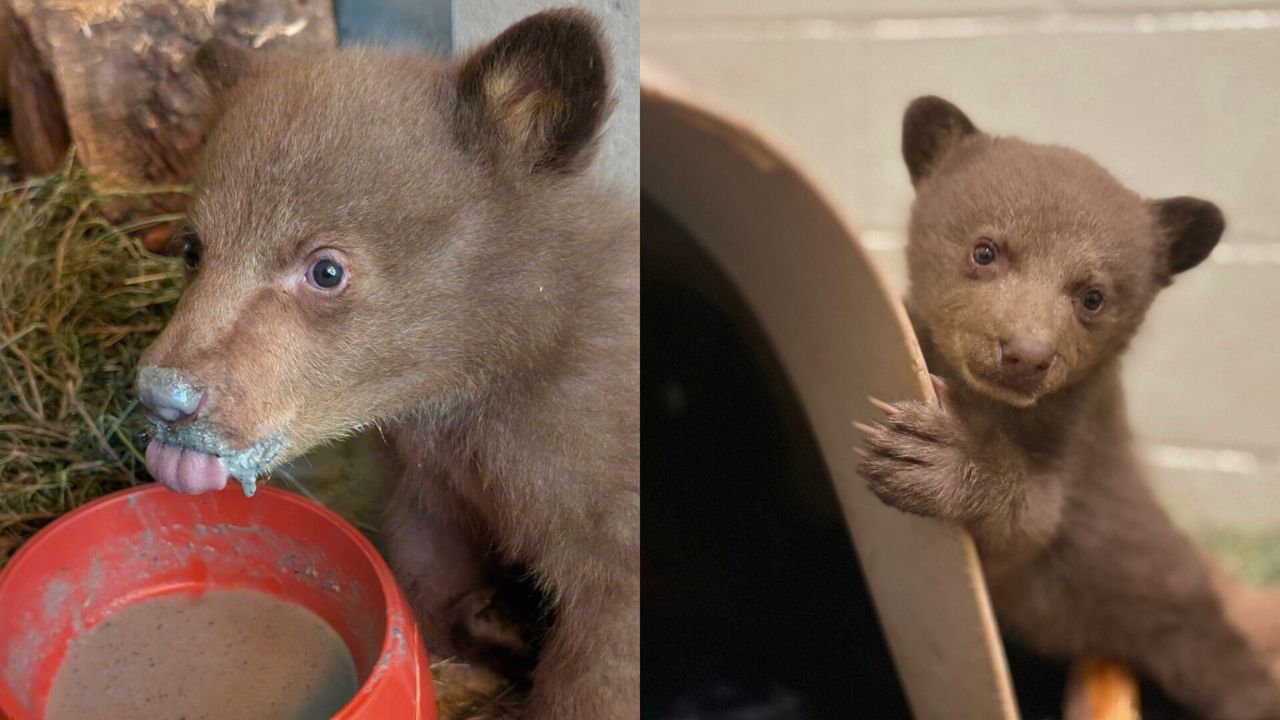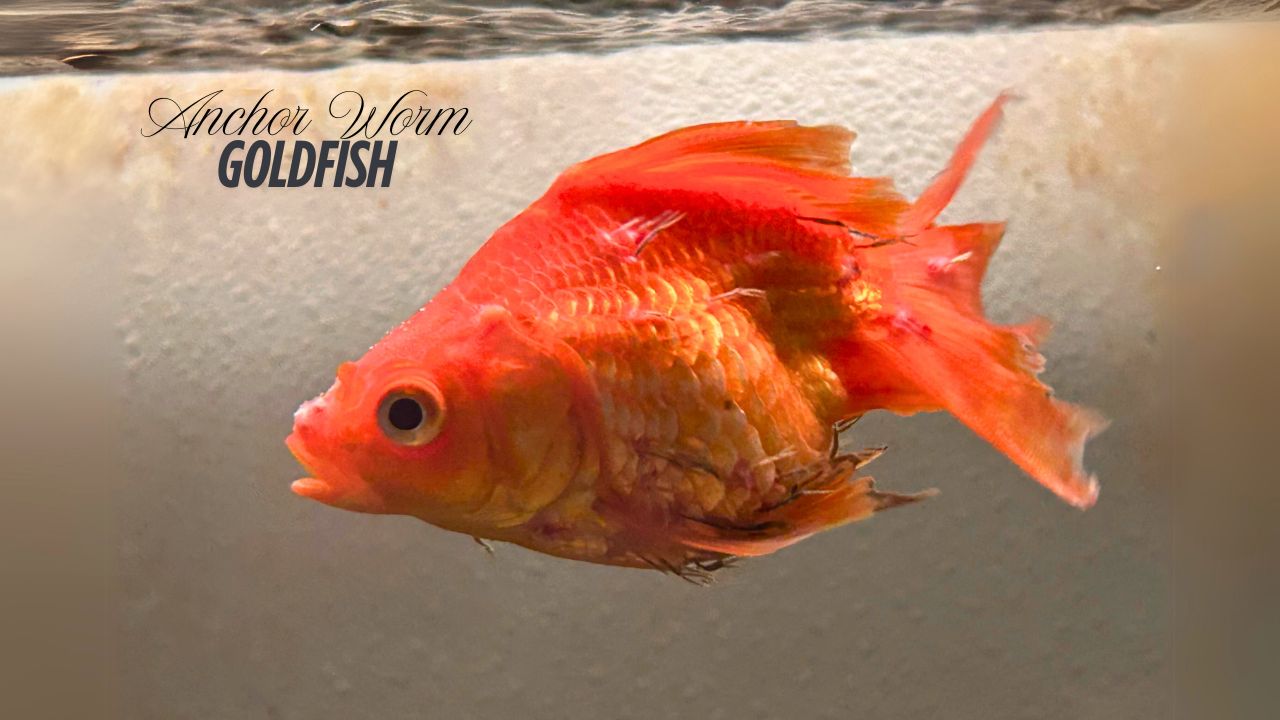Long Beach Animal Care Services (LBACS) is making significant strides in addressing the backlog of unaltered pets adopted during the COVID-19 pandemic through the HomeFirst program. This initiative is crucial in managing the population of cats, dogs, and rabbits, preventing overpopulation, and supporting animal welfare.
Key Highlights:
- LBACS is catching up on spaying and neutering pets adopted through the HomeFirst program during the pandemic.
- The city’s 2024 budget includes funds specifically allocated for addressing the backlog of unaltered pets.
- Several mobile clinics have assisted the effort, significantly boosting the capacity to spay and neuter animals.
- Partnerships with local veterinary services are essential to the program’s success.
Tackling the Backlog
The pandemic posed unique challenges for animal shelters nationwide, including LBACS. The HomeFirst program, initiated as a response to overcrowding and veterinary shortages, led to many pets being adopted before they could be spayed or neutered.
LBACS’s interim director, Melanie Wagner, highlighted the dilemma faced by shelter management during this period, emphasizing the necessity of making room for incoming animals while saving lives.
The Fiscal Year 2024 Adopted Budget has provided a much-needed boost to address this issue, with $250,000 allocated to spay or neuter about 1,600 pets adopted through HomeFirst and an additional $150,000 for pets currently in the shelter.
Since August 2023, LBACS has made significant progress, with over 450 HomeFirst pets already spayed or neutered through partnerships with organizations like Fix Long Beach, CAMP Clinic San Pedro, Primary Care Animal Hospitals, and Amazing Small Animal Practice in Gardena.
Mobile Clinics and Partnerships
Mobile clinics have played a pivotal role in this initiative, allowing LBACS to expand its reach and capacity. Partnerships with Helen Sanders CatPAWS, the CAMP clinic, and Amazing Small Animals have been instrumental in reducing the number of unaltered pets.
As of October 2023, 430 shelter animals have been fixed, with more expected as mobile clinics continue their work.
With the conclusion of the HomeFirst program and the implementation of mandatory spay/neuter laws, all pets residing in LBACS will be altered before adoption, including rabbits, which require specialized veterinary care. This shift not only ensures compliance with the law but also represents a commitment to animal welfare and responsible pet ownership.
Conclusion
LBACS’s efforts to catch up on the backlog of unaltered pets represent a significant step towards responsible animal care and population control. By leveraging city funds, partnerships, and mobile clinics, LBACS is making strides in ensuring that all pets are spayed or neutered, contributing to the overall health and well-being of the animal community in Long Beach.



